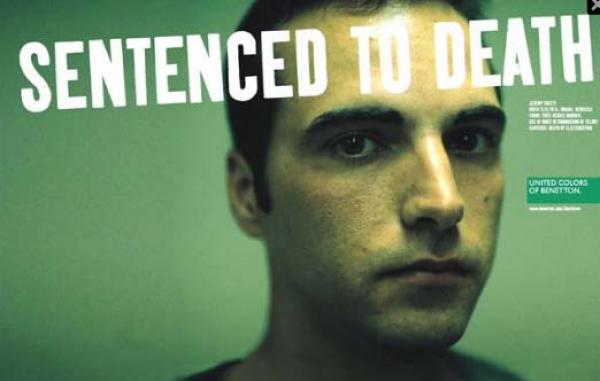Energy and work have a complicated relationship. When we’re firing on all cylinders, we’re burning energy but creating it too—with no net waste in a productive cycle. But sustaining a focused hum also requires giving your mind a break and letting it drift for a few precious minutes or hours. Concentration can be recharged by allowing yourself to get lost in a different rhythm.
Close your eyes to pick out the sounds or smells: how composer John Cage found the music in New York City, how you can catch a whiff of perfume or of the clean from someone’s morning shower. You also let the wave float you back to shore by opening your eyes really wide and drinking in the natural world.
My neighbor, Leigh Marsh, has been a veterinarian for almost 60 years, still working until ten or eleven most nights, although a concession of sorts is his setting out a bit later than he used to most mornings. Leigh’s veterinary practice began in a prosperous part of town, and stayed when all the money got up and went. He’s there for the dogs, cats and people who keep them, and thrives on the community that he helps to preserve. Whenever I ask Leigh “How are you?” he says: “Great, as long as I can keep working.”
He wouldn’t call it hard work, but it is.
He’d tell you he doesn’t have a secret, but he does.
I was in my front yard yesterday when I noticed Leigh and Jane (his daughter in for a visit) scanning the ribbon of grass between the street and the sidewalk in front of his house. They walked back & forth, fully engaged, with heads bowed. Maybe a lost earring, I thought. They went inside eventually, but Leigh was out again soon, scouring that strip of ground. “Do you need another pair of eyes?” I called, walking over. Barely looking up he said: “There are four and even five and six-leaf clovers here,” giving those he’d already found a quick wave to demonstrate the truth of it. “And this here is a particularly good patch.”

Psychologists have known for over a century that there are two kinds of attention: the directed attention we use when we’re concentrating, and the involuntary attention that requires no mental effort at all. A recent article in the Atlantic traces the distinction to William James, who said it is “[s]trange things, moving things, wild animals, bright things, pretty things, words, blows, blood, etc., etc., etc.” that attract our attention involuntarily.
It’s attraction that comes with a slew of salutary benefits.
In a recent study, portable EKGs traced the brainwaves of people walking in heavily trafficked urban areas, in parks and in the spaces in-between to see if there were discernible differences. In an interview after the study, lead researcher Jenny Roe noted that the walkers became “mentally quieter” in more natural places. “Natural environments still engage” the brain, she said, but the attention demanded “is effortless.” Environments like these “hold our attention while at the same time allowing scope for reflection.” They elevate our abilities to sense and to wander while putting our minds at ease.
Of course, psychologists also couldn’t resist naming “the replenishing part” of involuntary attention. According to Adam Alter in the Atlantic piece, they gave it the appropriately poetic acronym ART, for attention restoration theory. Here it is in a nutshell:
[U]rban environments are draining because they force us to direct our attention to specific tasks (e.g., avoiding the onslaught of traffic) and grab our attention dynamically, compelling us to “look here!” before telling us to instead “look over there!” These demands are draining — and they’re also absent in natural environments. Forests, streams, rivers, lakes, and oceans demand very little from us, though they’re still engaging, ever changing, and attention-grabbing. The difference between natural and urban landscapes is how they command our attention. While man-made landscapes bombard us with stimulation, their natural counterparts give us the chance to think as much or as little as we’d like, and the opportunity to replenish exhausted mental resources.
In this, the man-made, urban environment is synonymous with the workplace.
Getting lost in nature for a few moments relieves the workplace stresses too. The harder we work the more we need to get lost in it, and all the other strange and moving, bright and pretty things that can take us away for awhile and return us to the tasks at hand refreshed.
In other words, it’s knowing when to stop and pick the clover.



